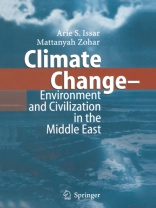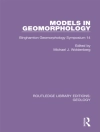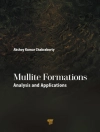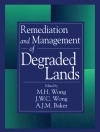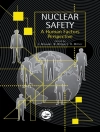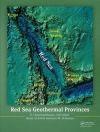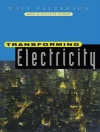We live in an early stage of an interglacial period, which began some fifteen thousand years ago – a warming trend which, with the extreme ups and downs, is . still gaining momentum. There is little doubt that, sometime in the foreseeable future, the global climate will inexorably become much warmer l and many regions, such as the Near East, will become much drier. We even accelerate this process by recklessly pumping carbon dioxide from fossil fuels into the atmosphere. And if that is not enough – industrial, agricultural and disease-ridden human waste unfit for consumption will increasingly pollute the diminishing few remaining water resources. By now, we fully realize the disastrous consequences of what we do, and yet go on doing it. So what about the "Intelligence of the Homo sapiens" about which we read in our books? Obviously, one of the qualities of intelligence is the capacity to forecast the future on the basis of past experience. Since writing was invented and important or mundane matters were recorded in our region, many stories about disasters emerging either from shortage or superabundance of water are found. The one, as well as the other, often decided the fate of ancient peoples. The inherent historical understanding of the crucial role of water in the fate, and thus faith, of the human societies faded out when it moved from the semi- arid western part of Asia to humid Europe.
Arie S. Issar & Mattanyah Zohar
Climate Change – Environment and Civilization in the Middle East [PDF ebook]
Climate Change – Environment and Civilization in the Middle East [PDF ebook]
Dieses Ebook kaufen – und ein weitere GRATIS erhalten!
Sprache Englisch ● Format PDF ● ISBN 9783662062647 ● Verlag Springer Berlin Heidelberg ● Erscheinungsjahr 2013 ● herunterladbar 3 mal ● Währung EUR ● ID 6342334 ● Kopierschutz Adobe DRM
erfordert DRM-fähige Lesetechnologie
